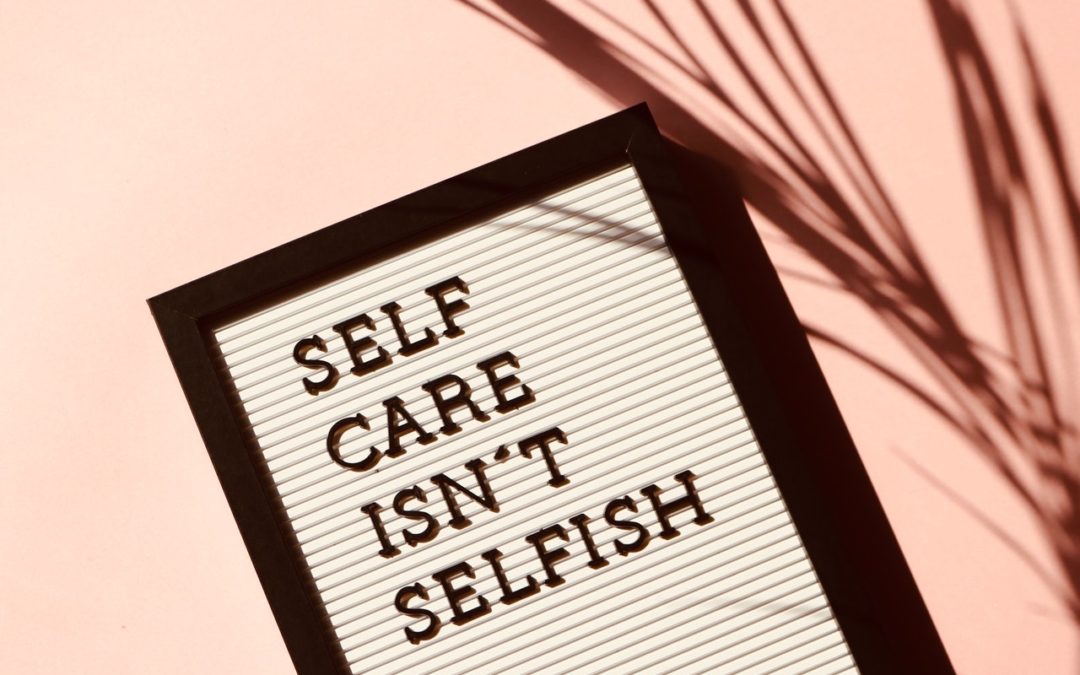Blog post written and submitted by Kayla Davitt, MT-BC In today’s world, there’s turmoil. There’s anger. Strife. Arguments. There are people around the world engaging in dehumanizing behaviors. I don’t know about you, but thinking about everything that is going on in...

A Whole New World: Music Teletherapy
Prior to COVID-19, the word “teletherapy” meant very little to our team of music therapists. To even consider not driving to school, homes, or daycares was not a thought in our minds. How could it be? Yet, in a matter of days teletherapy became a new reality. All the hours spent fine-tuning our craft for in-person services had to be adjusted overnight. Looking back now, it is amazing how much our team has learned in a few short months.
A New Approach
After school closures, it quickly became apparent that the social-emotional benefits of music were taking center stage. This is a confusing time we are all in. For many families, the presence of music therapy in their homes is a welcome break to the stress they are under. At UTMC, we truly want to embrace this facet of music and ensure we are continually bringing not only music but joy into homes. Below is a photo of Sarah Ramey, an employee at UMTC accomplishing this mission during a teletherapy session!
Supporting the Whole Family
As our team adjusted to doing therapy through a computer screen, it became apparent that we were able to help families in a unique way. By bringing music into the home, we can provide our students with a dose of familiarity in a confusing situation.
It is no secret that music has a way of lifting spirits. Our staff noticed siblings, grandparents, and parents joining sessions with a smile on their faces. Many stated they were looking forward to music all day. This is the kind of positive energy we want to bring to our families.
New Intervention Strategies
Parents and teachers aren’t the only ones learning about new technologies! Our music therapy team has been knee-deep in picking up new online learning strategies. If you are interested in pursuing online services, you will experience some of these new strategies for yourself.
1) Zoom
For the most part, our therapists use Zoom as a video chatting platform with students. Zoom comes with some great interactive features such as screen and audio sharing. While using these, the therapist is able to provide visuals and quality audio with the student on the other end.
2) PowerPoint
Many of our therapists use PowerPoint slide shows to present students with books or choice boards. It’s difficult to use visuals in hand because they may be blurry or off-angle. Using a PowerPoint via screen sharing solves that problem and provides clear visuals.
3) Share controls
Zoom also allows for the students to have control over the screen. With this feature, the therapist is able to ask questions, have students type answers on their own, or drag and drop images to complete visual activities.
4) Props
Now more than ever it is important for therapists to grab our student’s attention. It can be so difficult to stay seated for 30-minutes, especially in front of a computer screen! Our therapists do their best to engage students with props such as hats, stuffed animals, scarves, or other colorful visuals.
New Services at Upstate Music Therapy Center
Upstate Music Therapy Center believes that music services should be accessible despite school closures. In response to the COVID-19 Pandemic, we have adjusted by offering a variety of online music activities such as Music Enrichment, online Music Therapy, and FREE Online Music for Preschoolers (available on our Facebook page through the end of June). Additionally, online Counseling services are available. If you would like to learn more about these new online services, click here.
It is a shocking, confusing, and strange time we are all in. At UMTC, we hope that our services for students and the community can bring a ray of light into the homes and lives of families we work with. Don’t forget to find humor where you can in this whole new world we live in!
This blog was submitted by Katie Hall.











